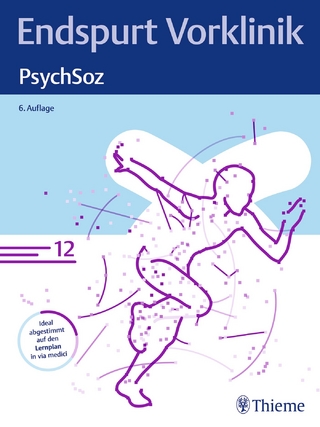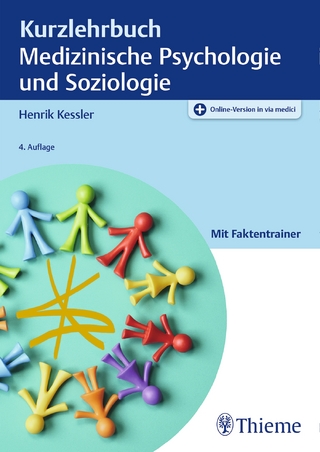
Insecurity, Inequality, and Obesity in Affluent Societies
Oxford University Press (Verlag)
978-0-19-726498-0 (ISBN)
The point of departure taken here is that institutions matter a great deal too, and especially the normative environment of the nation state. In brief, the argument is that obesity is a response to stress, and that some types of welfare regimes are more stressful than others. English-speaking market-liberal societies have higher levels of obesity, and also higher levels of labour and product market competition, which induce uncertainty and anxiety. The studies presented here investigate this hypothesis, utilising a variety of disciplines, and the concluding contribution by the editors presents strong statistical evidence for its validity at the aggregate level. The hypothesis has an important bearing on public health policy and, indirectly, on economic policy more generally. It indicates that important drivers of obesity arise from the interaction between the external 'shock' of falling food prices and the enduring normative assumptions that govern society as a whole.
If obesity is determined in part by inflexible norms and institutions, it may not be easy to counter it by focused interventions. Distinctive societal policy norms like an attachment to individualism (which national communities embrace with some conviction) may have harmful social spillovers which are rarely taken into account.
Avner Offer is Chichele Professor of Economic History at the University of Oxford, a Fellow of All Souls College and of the British Academy. He was born and educated in Israel, graduated from the Hebrew University, and took his D.Phil. at Oxford. He initially studied land tenure, international political economy and the economics of war, and published Property and Politics 1870-1914 (CUP, 1981), and The First World War: An Agrarian Interpretation (OUP, 1989) as well as many articles. Subsequently he has focused on consumption and the quality of life (e.g. ed. In Pursuit of the Quality of Life (OUP, 1996)), and more recently, The Challenge of Affluence: Self-control and Well-Being in the United States and Britain since 1950 (OUP, 2006)). Rachel Pechey is Research Officer at the Unit for Biocultural Variation and Obesity, University of Oxford. She graduated from the University of Durham, taking Psychology with Mathematics, and completed her MSc and PhD at Cardiff University. Her initial work focused on investigating subclinical symptoms of psychosis (in particular, delusions) in the general population. Subsequently she became involved in obesity research, in particular, looking at political and economic factors that have been implicated in the development of obesity at the population level. Stanley Ulijaszek is Professor of Human Ecology and Director, Unit for Biocultural Variation and Obesity, at the University of Oxford, and Vice-Master of St Cross College Oxford. He is associate editor of Homo. Journal of Comparative Human Biology, and book review editor of the Journal of Biosocial Science. He graduated from the University of Manchester in Biochemistry, and took his PhD at the University of London (King's College). His work on nutritional ecology and anthropology has involved fieldwork and research in Papua New Guinea, the Cook Islands, Sarawak and South Asia.
PART 1: BIOLOGICAL FUNDAMENTALS ; PART 2: SOCIAL STRESS ; PART 3: SICUAK DIFFUSION OF OBESITY AND ITS CAUSES
| Erscheint lt. Verlag | 5.4.2012 |
|---|---|
| Reihe/Serie | Proceedings of the British Academy ; 174 |
| Verlagsort | Oxford |
| Sprache | englisch |
| Maße | 161 x 241 mm |
| Gewicht | 580 g |
| Themenwelt | Medizin / Pharmazie ► Gesundheitswesen |
| Studium ► 1. Studienabschnitt (Vorklinik) ► Med. Psychologie / Soziologie | |
| Studium ► Querschnittsbereiche ► Prävention / Gesundheitsförderung | |
| Sozialwissenschaften ► Soziologie | |
| Wirtschaft | |
| ISBN-10 | 0-19-726498-0 / 0197264980 |
| ISBN-13 | 978-0-19-726498-0 / 9780197264980 |
| Zustand | Neuware |
| Haben Sie eine Frage zum Produkt? |
aus dem Bereich


